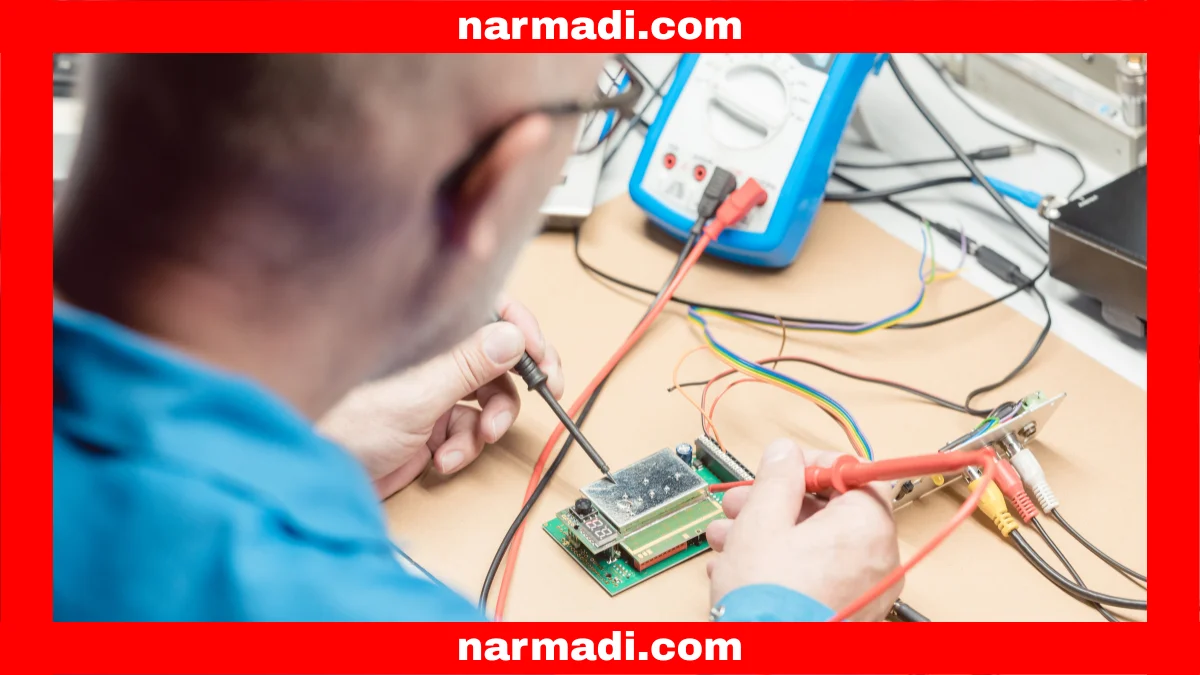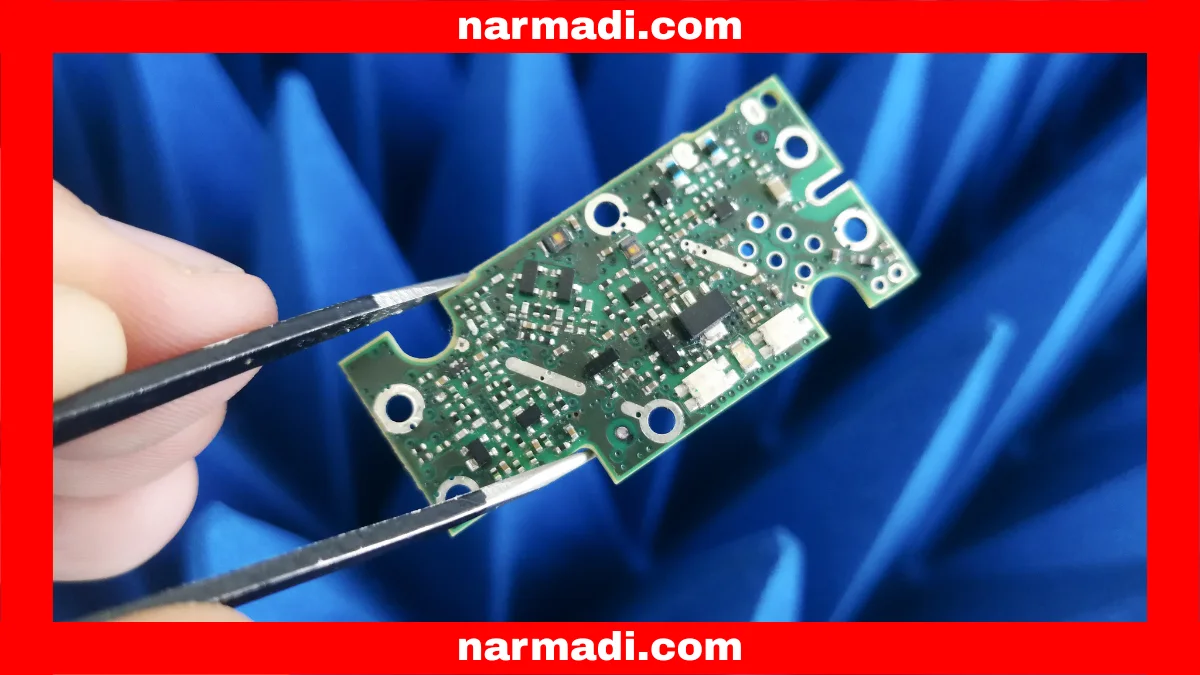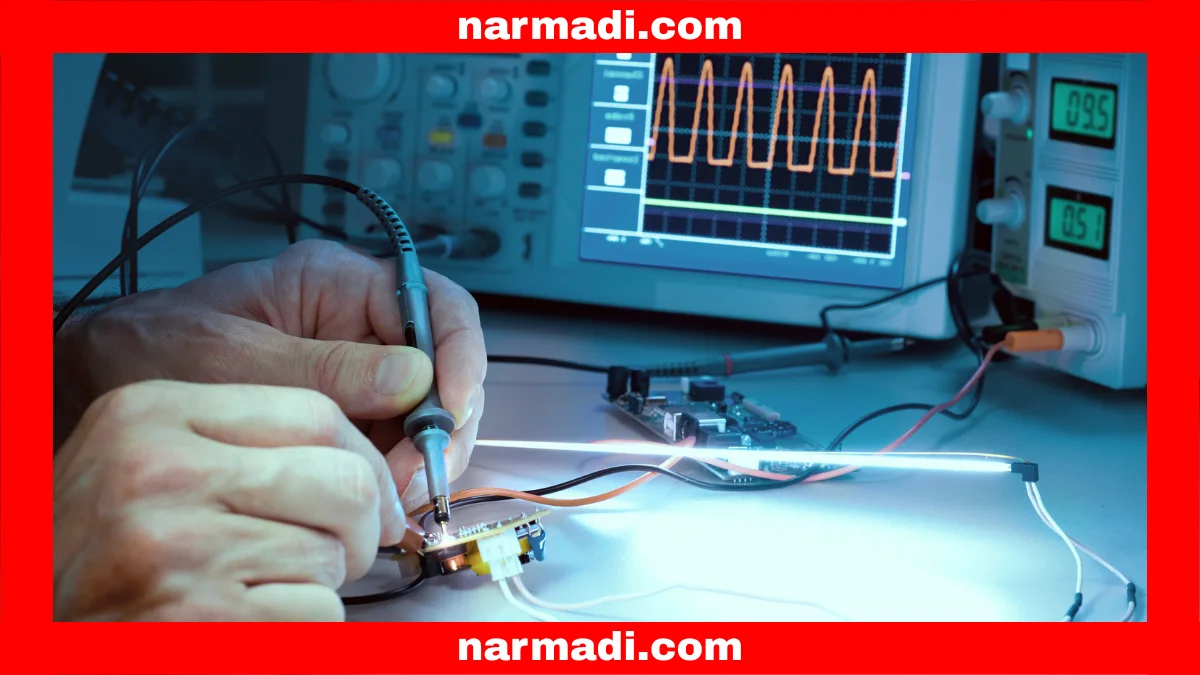Information and Communication Technology (ICT) products rely on radio waves to operate. That is why Radio Frequency (RF) testing is very important.
Radio Frequency testing is conducted to ensure that electronic devices function properly, meet safety standards, and avoid interference with other devices.
Each country has its own regulations regarding Radio Frequency Testing to ensure that ICT products on the market meet standards, avoid risks, and comply with applicable regulations.
Let’s take a closer look at what Radio Frequency Testing is, so we can understand how important this testing is for ICT products.
What is Radio Frequency Test?

Radio Frequency Testing is a testing process conducted on ICT devices that use radio frequencies. The process involves evaluating the electromagnetic emissions emitted by wireless electronic devices to ensure that they operate in accordance with specified safety standards and regulations.
In addition, it ensures that the devices do not cause signal interference with other devices and have optimal performance in capturing and transmitting signals. This test is very important for devices that use radio waves for communication, such as:
- Mobile phones and communication devices (LTE, GSM, HSDPA)
- Network devices (routers, modems, WLAN)
- Bluetooth, NFC, and RFID devices
- Smart home devices (smart TVs, smart speakers)
- Medical and security devices
With Radio Frequency Testing, manufacturers can ensure that their devices meet national and international standards before being marketed.
How is the Testing Process?

Radio Frequency Testing is conducted in a special laboratory designed to isolate signals from external interference. This process typically includes:
- Signal transmission power measurement: How strong the radio signal transmitted by the device is.
- Spectrum compatibility testing: Ensuring that the frequencies used by the device are within the permitted range.
- Interference resistance testing: Assessing whether external interference does not interfere with the device’s functionality.
- EMC (Electromagnetic Compatibility) testing: Ensuring that the device does not generate electromagnetic interference that exceeds the permitted limits.
Why is it Important?

Radio Frequency Testing is important to ensure that devices function properly without harming users or the surrounding environment.
Protecting user safety
Electronic devices have the potential to emit excessive radiation or overheat. This certainly has the potential to harm users. RF testing will prevent these risks early on.
Complying with government regulations
Do you want your devices to be legally distributed? RF testing is a requirement for complying with radio frequency and electromagnetic safety regulations so that devices can be legally distributed in the market. This way, there is no potential for legal sanctions.
Ensuring device quality and performance
Every user wants devices with guaranteed quality and performance. RF testing ensures that electronic devices on the market have more stable connections and better signal quality.
Preventing signal interference
Frequency interference can cause serious problems, such as communication disruptions, poor sound quality, and unstable internet connections. It can even interfere with other devices in the vicinity. RF testing will detect such interference more effectively.
RF Testing vs EMC Testing
RF testing includes EMC testing. So what is the difference between the two tests? RF testing focuses on functional performance, such as signal transmission and reception at specified frequencies. The aim is to ensure that radio transmitters and receivers function as they should.
Meanwhile, EMC testing focuses on device interference. It ensures that devices do not interfere with other devices and can withstand interference from other devices. The goal is to measure a device’s ability to operate in an electromagnetic environment without causing interference and without being affected by interference.
Want to Pass Radio Frequency Testing?
Passing radio frequency testing is a mandatory step for manufacturers or importers of electronic devices before marketing their products. Therefore, you need to know how to pass the test.
One of the best solutions to comply with this regulation is to use the Product Compliance Services. This service will help you navigate the testing process quickly, in accordance with regulations in each country, and ensure that your devices meet safety standards. This prevents the risk of your devices being withdrawn from the market due to non-compliance with regulations. [UN]

